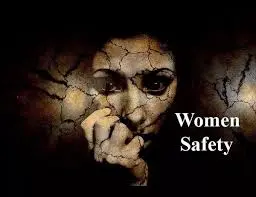“When the daughter of a poor or Dalit family steps outside, she doesn’t carry dreams — she carries fear.
This is not justice. This is violence in silence.”
— R. R. Pandayan Saheb
In every speech, on every poster, politicians claim: “Beti Bachao, Mahila Suraksha, Nari Shakti.”
But the reality in our slums, bastis, and villages is different — especially for Dalit, Bahujan, Adivasi, and minority women.
Every day, young girls walk long distances to schools without streetlights. Women face harassment on buses, at work sites, and in police stations. Crimes against Dalit women go unreported or are ignored by the system. In rural areas, there are no female police officers, no safety helplines, and no accountability.
And while leaders issue empty promises, R. R. Pandayan Saheb has chosen to fight back with action — not words.

